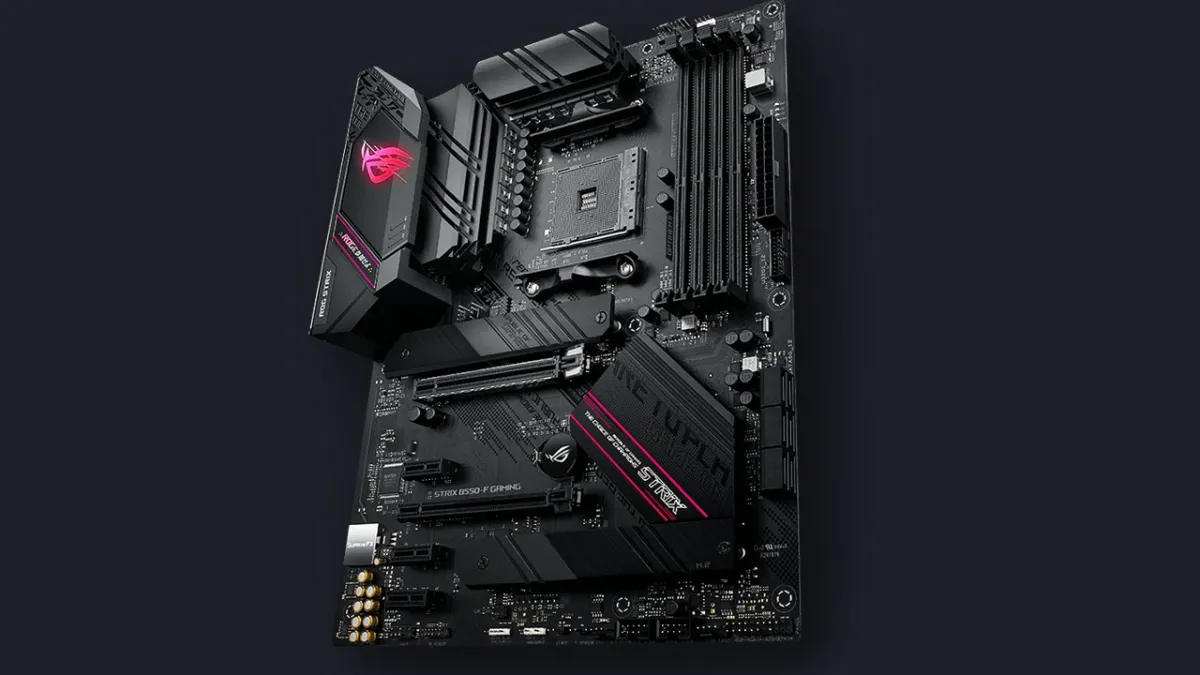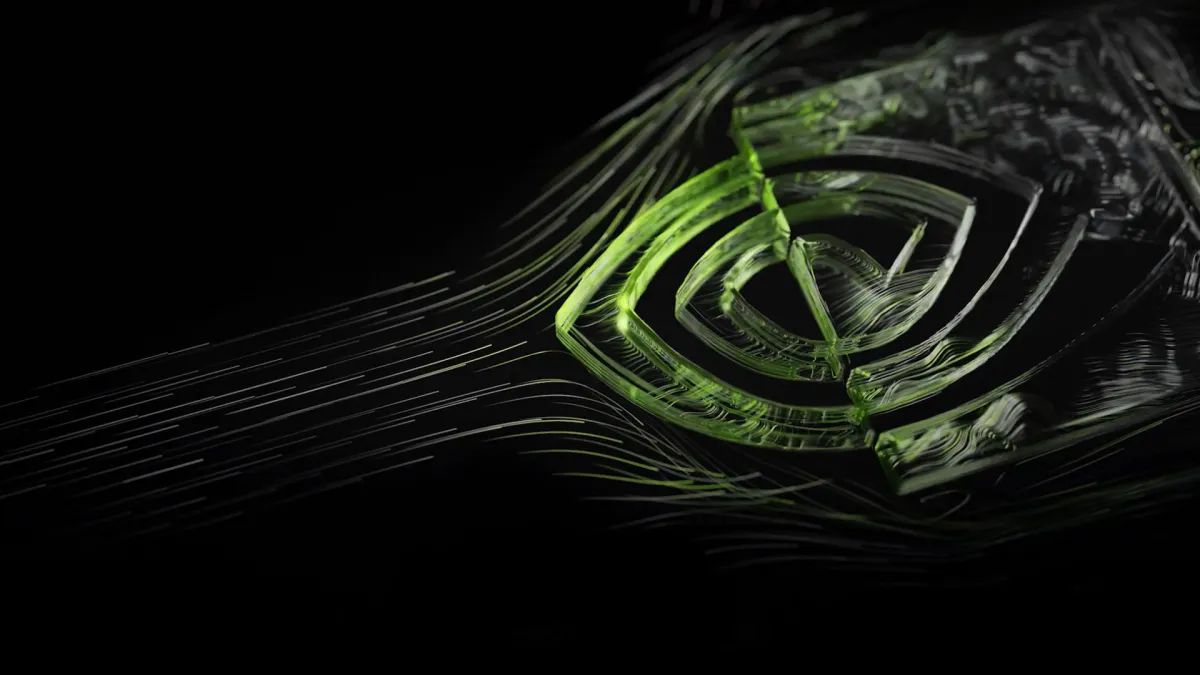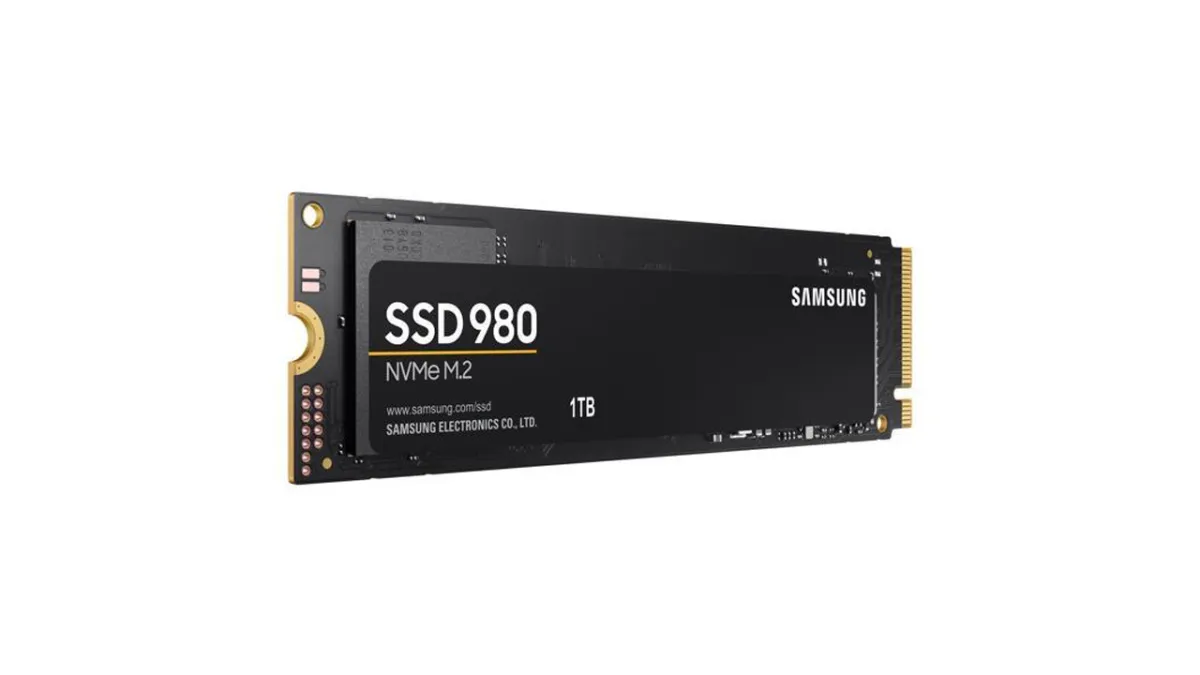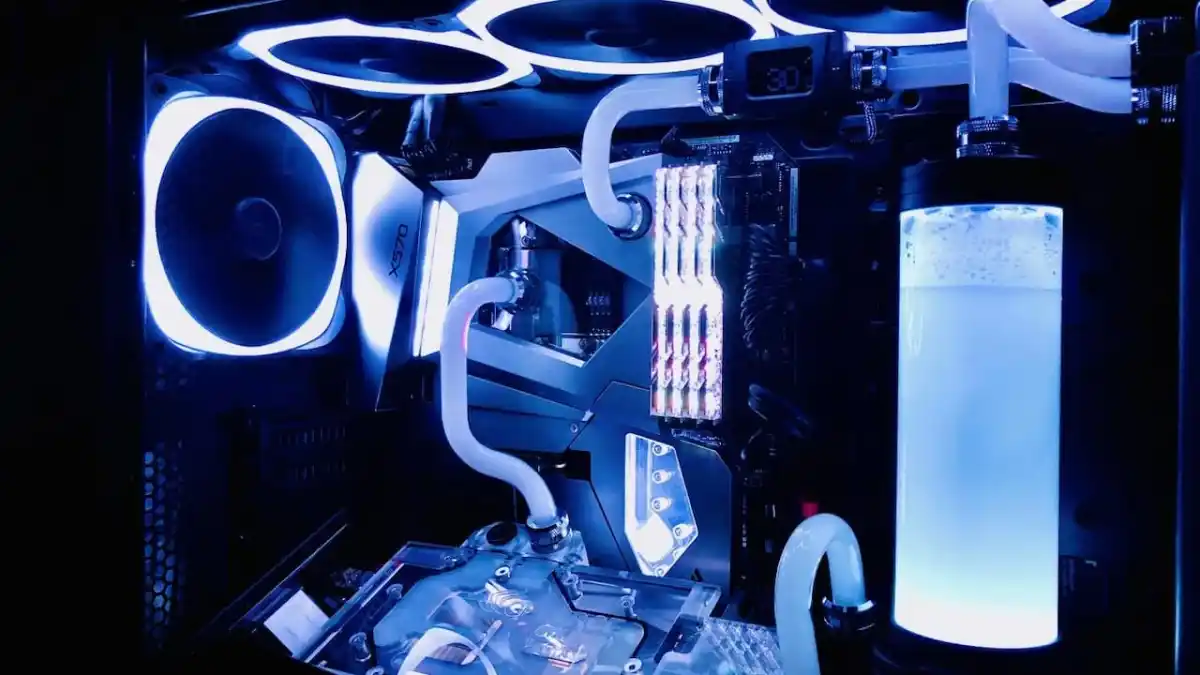Impartial reporting is a key part of keeping the tech space honest, but its hard not to get excited about what AMD’s doing on all fronts as of late. At Computex 2021, AMD CEO Lisa Su showed off yet another huge innovation for its Ryzen CPUs, this time using 3D packaging on L3 cache to boost gaming performance.
The prototype shown off in the presentation was a Ryzen 5900X based on the Zen 3 architecture. The key difference was that the prototype featured 3D-stacked CCD on top of the existing cache, which brings the total L3 cache of the CPU up to 192MB over the previous 64MB. By tripling the cache with speedy Static Random Access Memory (SRAM), AMD managed to effectively boost the gaming performance of the chip by an average of 15%. Considering how that’s the level of performance uplift that we typically get out of an entirely new generation, this breakthrough is impressive.
Moar frames
AMD showed off a Gears 5 benchmark to exemplify the performance increase by adding the cache CCD to a 5900X. The framerate increased from 184 to 206, netting a 12% increase in that particular title. However, AMD believes that most games will benefit from an average framerate improvement of 15%. The presentation also included Leage of Legends, Dota 2, Monster Hunter World, and Fortnite. AMD didn’t provide a comprehensive breakdown of how it achieved and logged the data for the performance improvements it claims due to the new cache implementation, but the company has been accurate with most of its performance claims lately. Still, independent benchmarks would be nice.
AMD announced this technology will be ready for manufacturing later this year, but didn’t expressly say when to expect it in Ryzen products. Rumors say a Ryzen Zen 3 refresh will arrive later this year to counter Intel’s Alder Lake hybrid architecture, so it does lead us to wonder if AMD will use this 3D cache packaging solution to stay competitive. We can likely expect this technology in Zen 4 though, since AMD also took the time to confirm a 2022 release just before talking about 3D V-Cache. Seeing as Zen 4 is expected in late 2022, we could be enjoying this new technology on Zen 3 CPUs sooner rather than later.








Published: Jun 1, 2021 02:45 pm